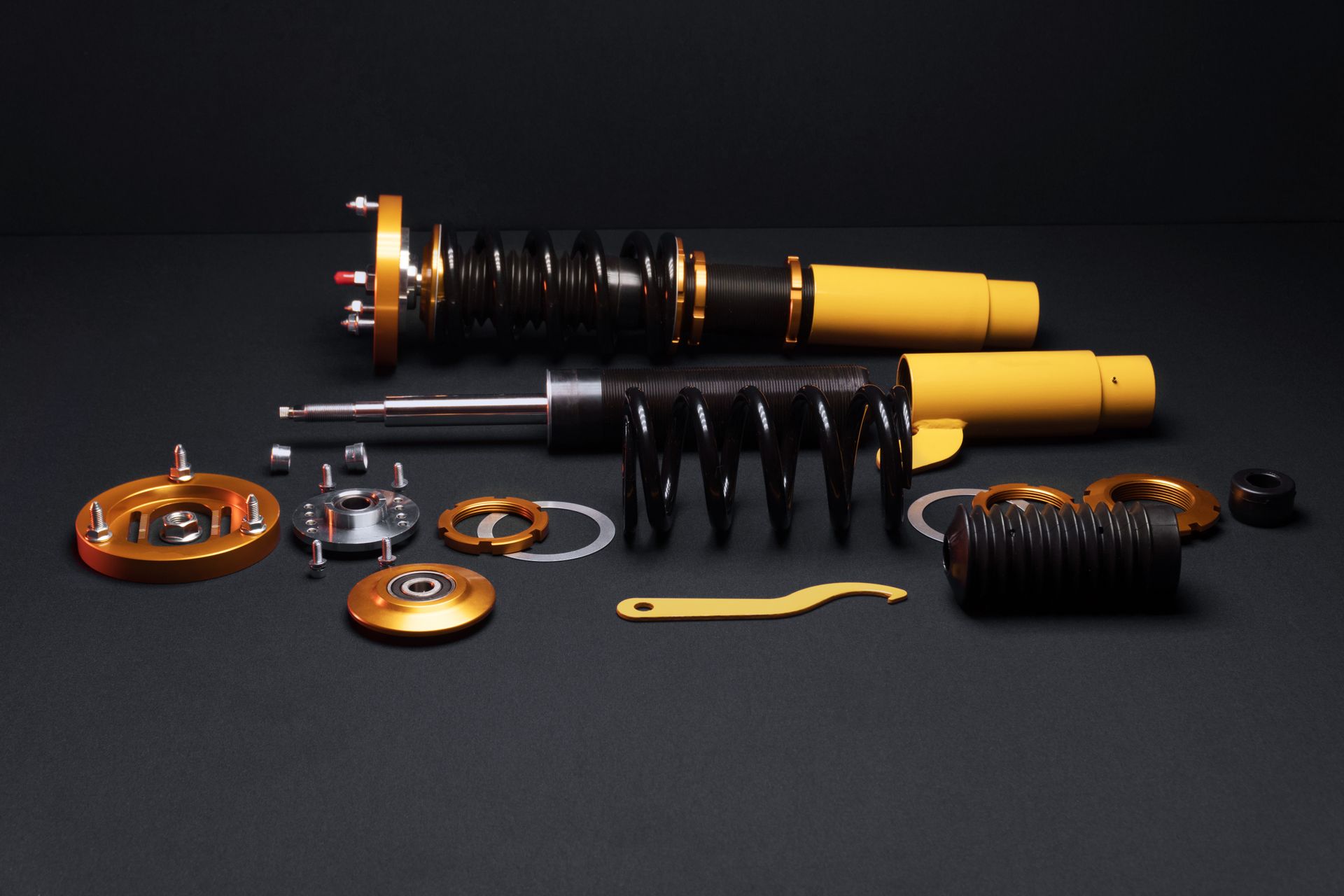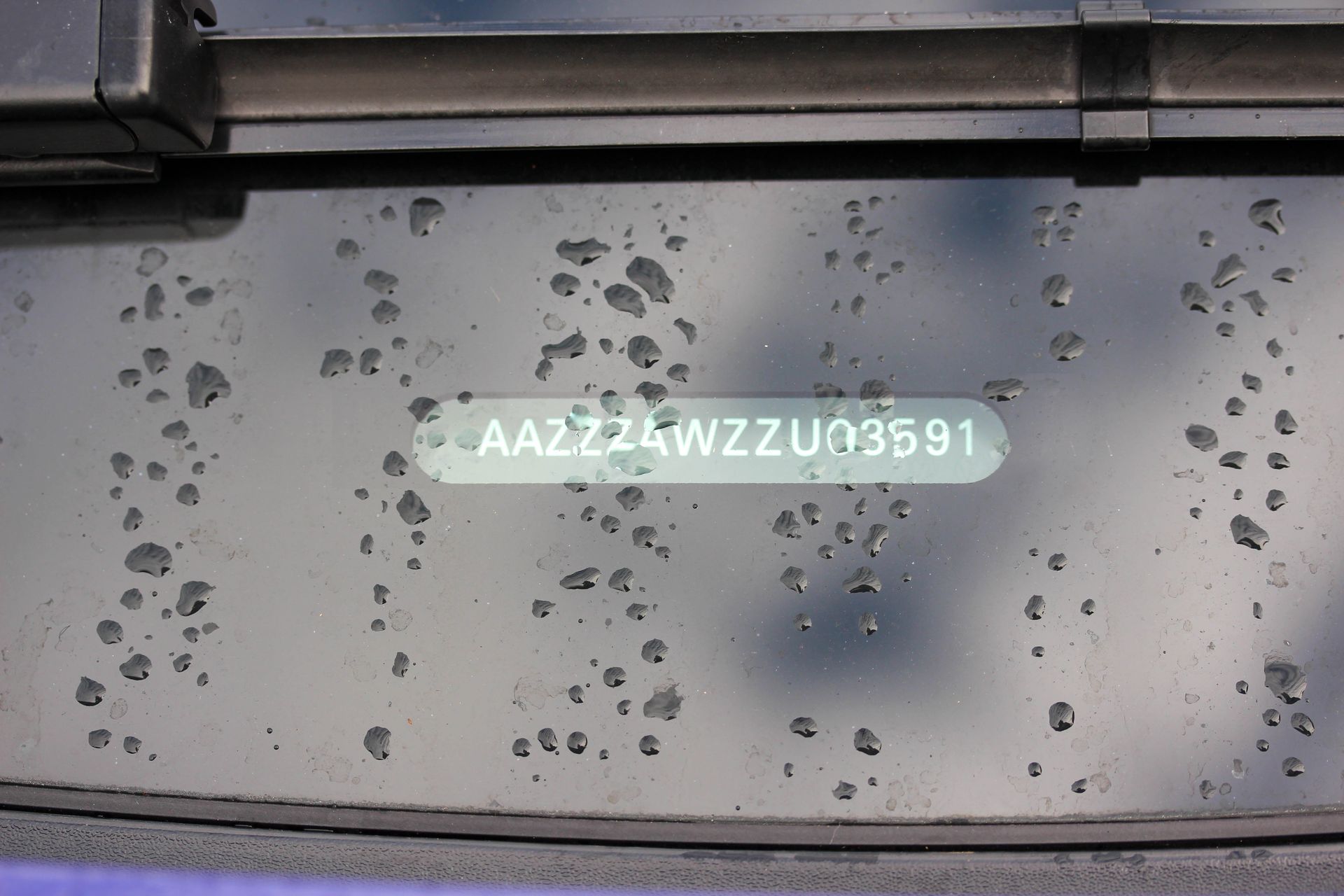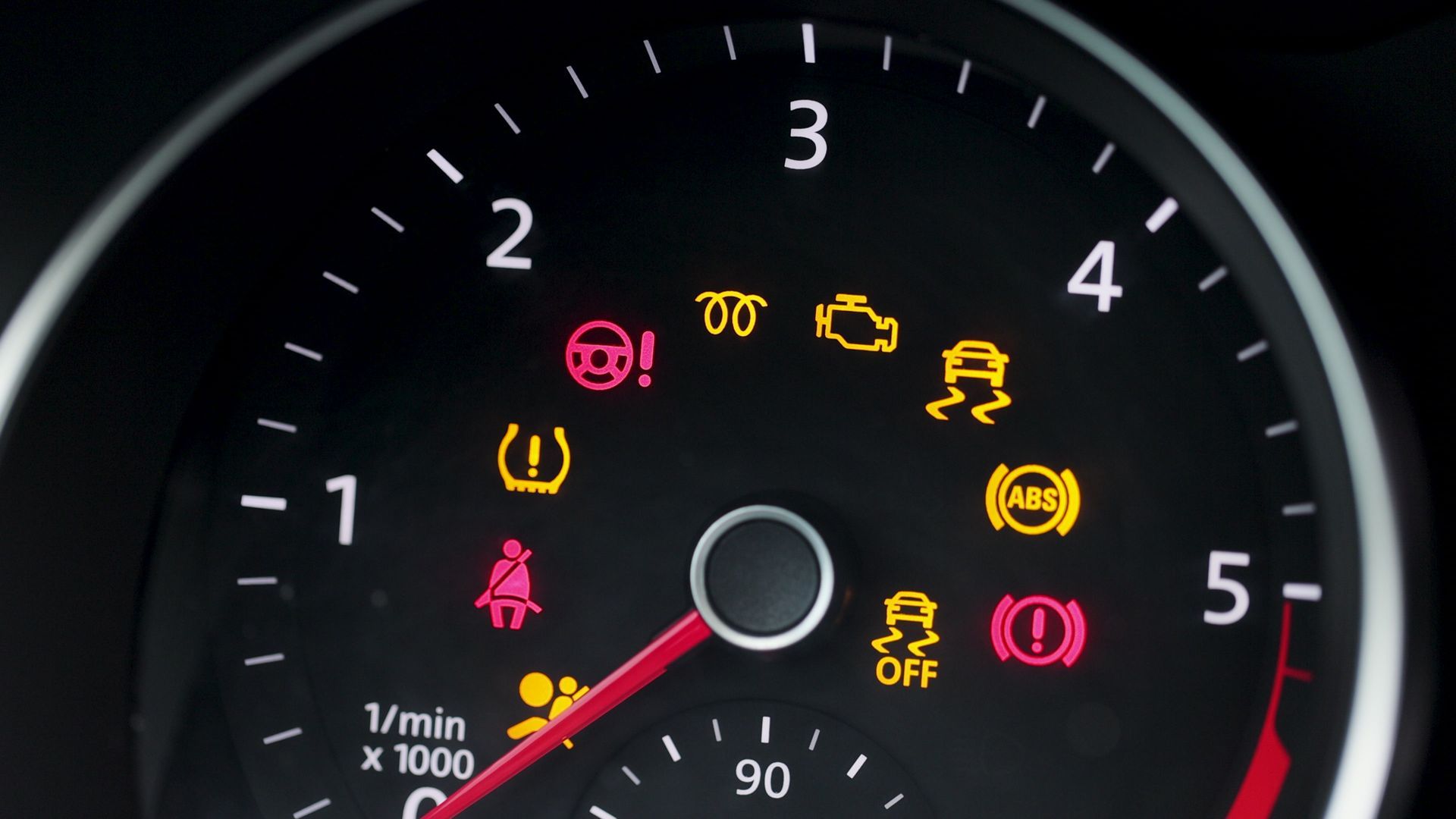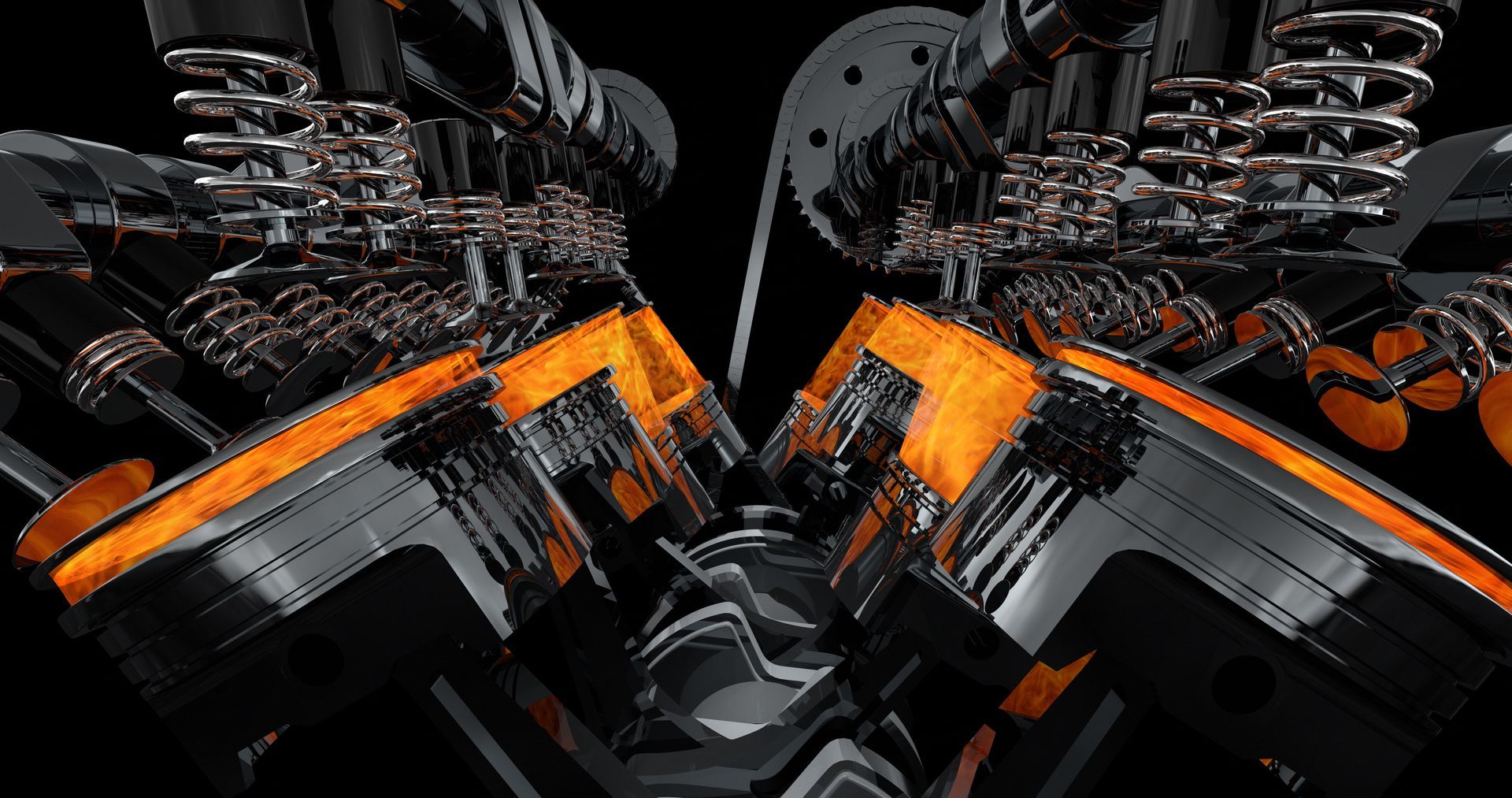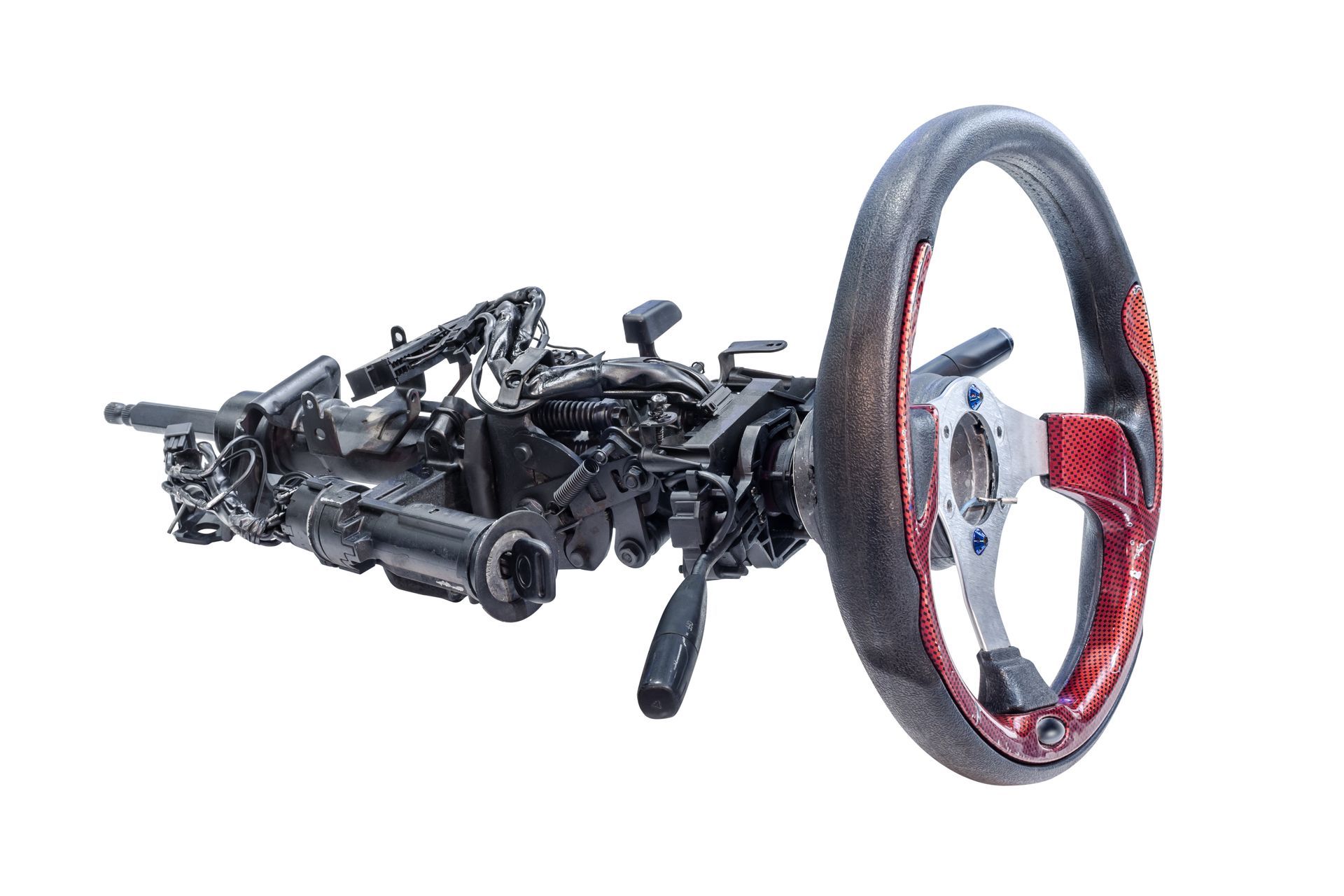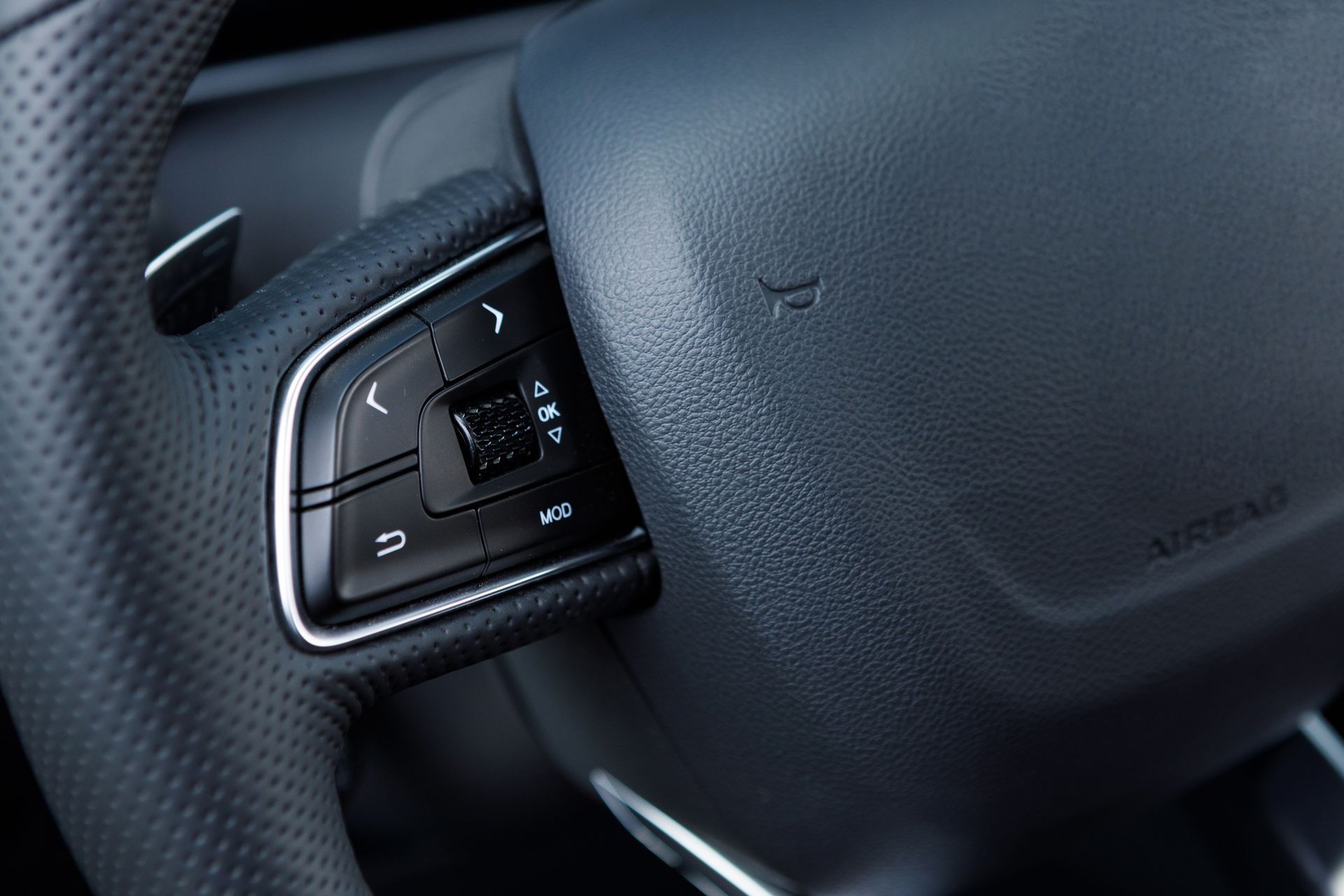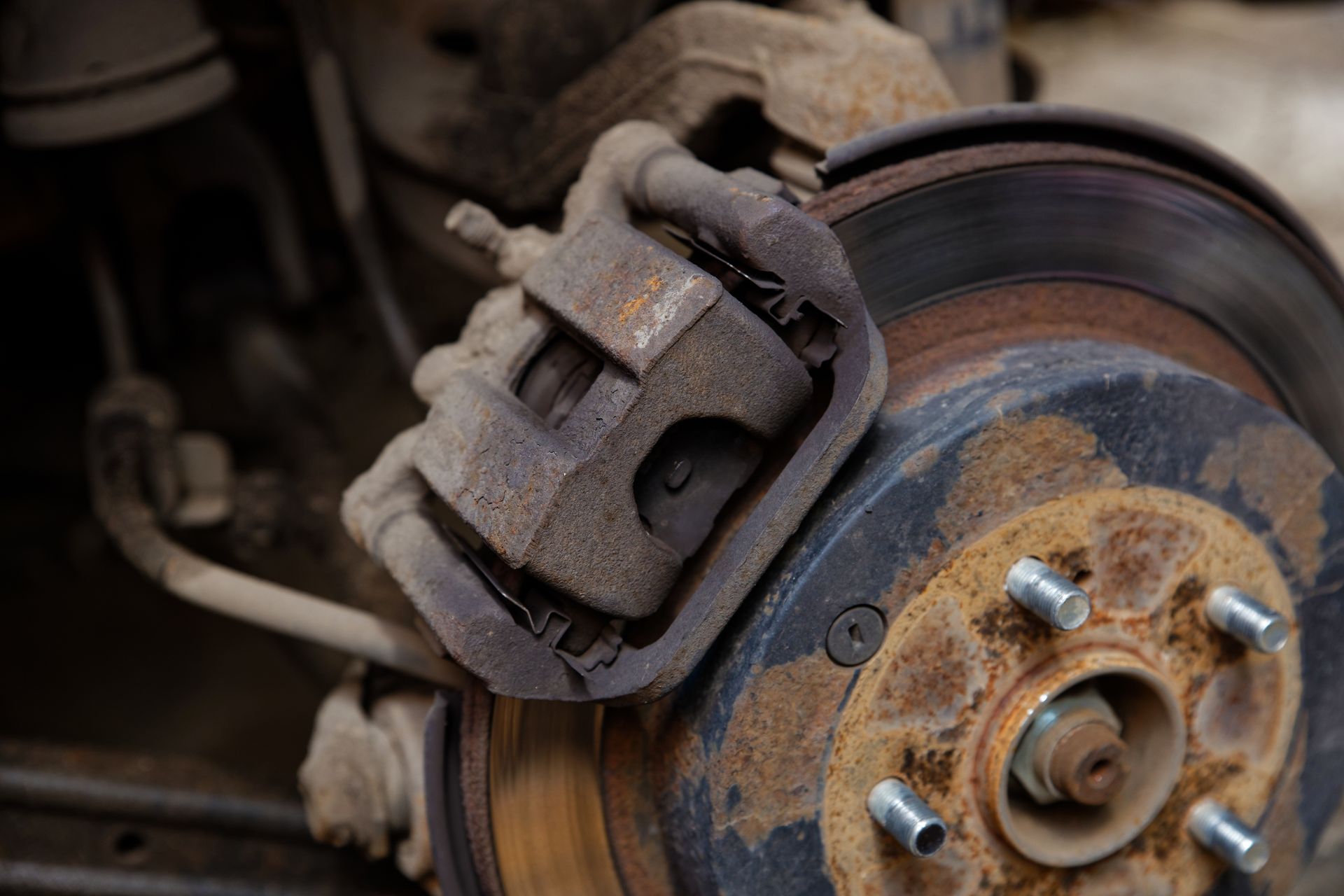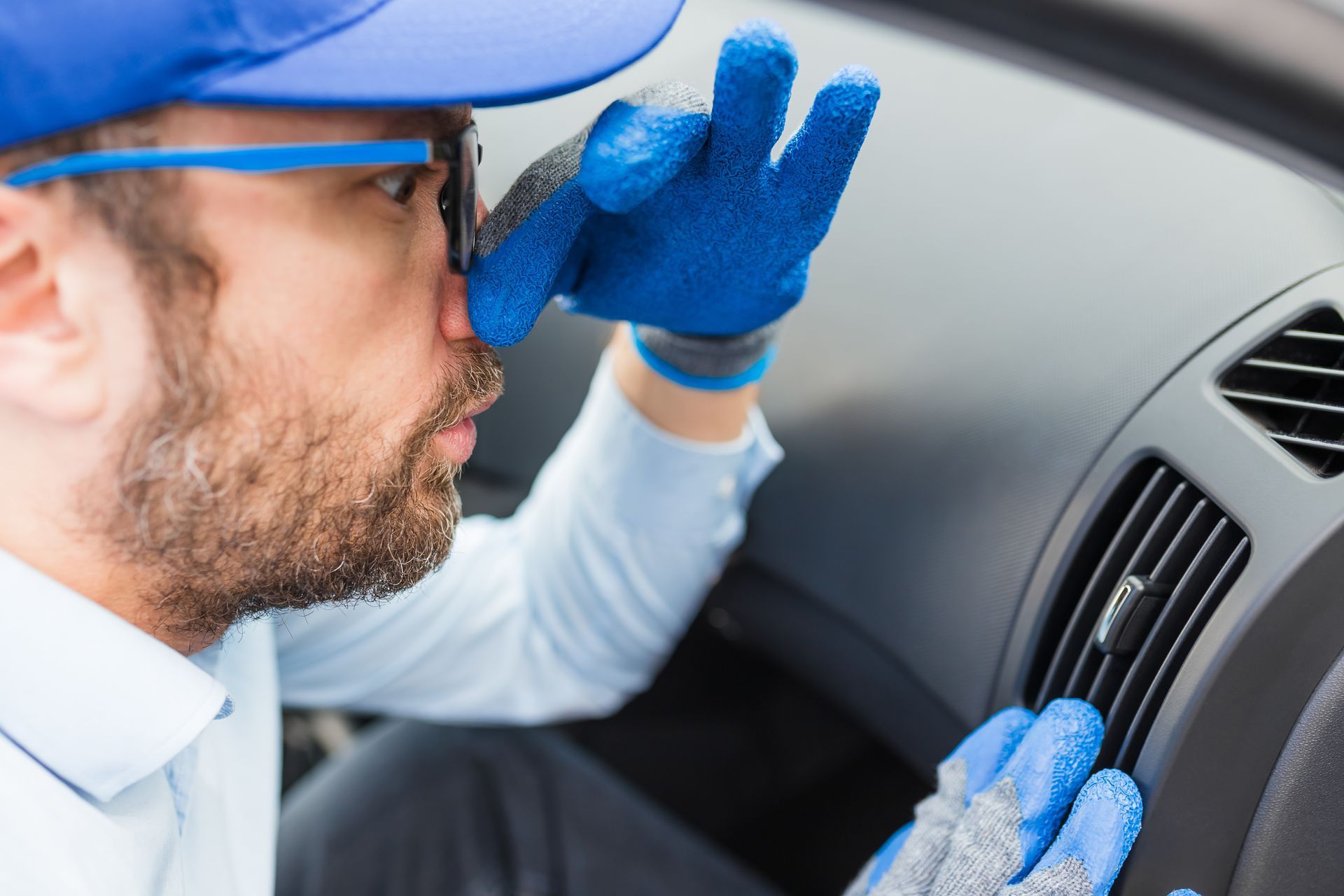Most drivers can sense when their car just isn’t acting right, but it’s not always clear what the problem is. Transmission trouble, in particular, can start subtly and worsen over time. If left unchecked, minor symptoms can snowball into major repairs or even complete failure.
Your vehicle’s transmission is responsible for shifting gears and delivering power smoothly from the engine to the wheels. When it begins to fail, your car’s performance, efficiency, and safety can all take a hit. Catching the warning signs early can save you time, money, and a major headache.
Delayed Response or Sluggish Acceleration
One of the first signs drivers notice is hesitation. You press the gas, but the car doesn’t respond right away, or it surges forward unpredictably. This delay may occur when shifting from park to drive, or it may be more noticeable when accelerating from a stop.
Delayed engagement can indicate worn clutch packs, a fluid pressure problem, or early-stage mechanical wear inside the transmission.
Strange Noises When Shifting
A well-functioning transmission should shift smoothly and quietly. If you hear grinding, whining, or clunking sounds when changing gears or even when your car is idling, it’s a sign that something isn’t right. These noises might suggest internal damage, worn bearings, or insufficient lubrication.
Don’t assume the sound will go away on its own. It’s a sign that internal components are starting to fail and need professional attention.
Slipping Gears
Slipping happens when the transmission unexpectedly shifts out of gear or struggles to stay in the correct one. Your engine may rev higher than normal, but your speed doesn’t match the power output. In some cases, the car may even momentarily lose power while driving.
Gear slippage can make your car unpredictable in traffic, especially when merging or accelerating onto highways.
Fluid Leaks or Discoloration
Transmission fluid is vital for proper function. If you spot reddish or brown fluid pooling under your car, it could indicate a worn gasket, damaged seal, or leaking line. Even small leaks can lower fluid levels, causing overheating or gear failure.
You should also check the fluid itself. Healthy fluid is usually bright red or pink with a slightly sweet smell. If it’s dark, dirty, or smells burnt, it’s time for a fluid change, or something more serious could be going on.
Check Engine Light or Warning Signals
Modern vehicles often detect early transmission issues before the driver notices symptoms. If your check engine light comes on and stays on, a diagnostic scan can reveal whether it’s tied to your transmission.
Even if there’s no obvious issue yet, error codes related to shift solenoids, fluid pressure, or torque converter function may already be stored in your vehicle’s computer.
Rough or Erratic Shifting
If your car jerks, lurches, or clunks during gear changes, your transmission may be struggling to manage fluid pressure or adapt to road conditions. In some vehicles, rough shifting can be caused by outdated software that controls the transmission, but in many cases, it’s a sign of wear or internal damage.
The longer you drive with rough shifting, the greater the risk of more extensive transmission damage.
Act Early to Avoid Major Repairs
Transmission problems rarely fix themselves. What starts as a small fluid issue or electronic glitch can quickly escalate into a full-blown mechanical failure if ignored. Early intervention often means the difference between a $150 fluid service and a $4,000 rebuild.
If your car is showing any signs of transmission distress, no matter how minor, it’s best to have it inspected by a professional before the situation worsens.
Get Expert Help at Green Tech Garage in Spokane Valley, WA
Whether your vehicle is slipping gears, shifting hard, or just doesn’t feel right, we can help. Our team will perform a thorough inspection, diagnose the issue, and recommend the right solution to protect your transmission and restore your car’s performance.
Call
Green Tech Garage in Spokane Valley, WA, today to schedule a transmission evaluation and get back to confident driving.


